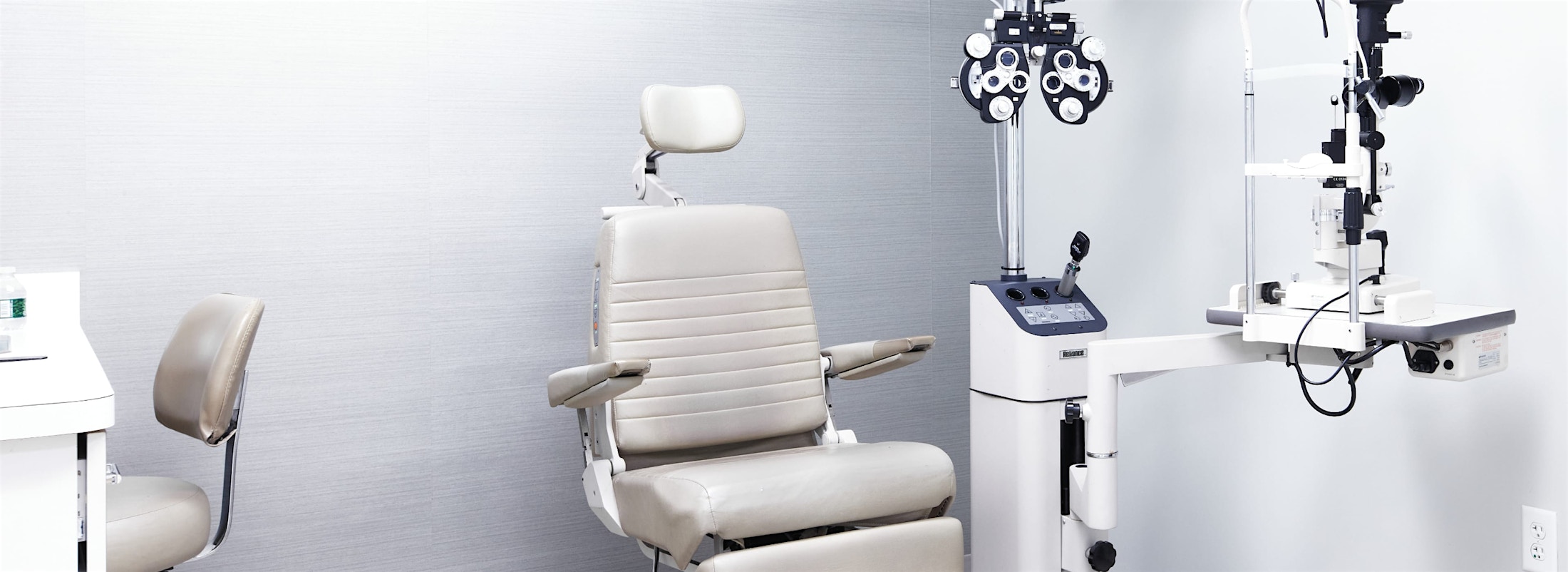Here at Dello Russo, we recommend LASIK surgery for most of our patients. However, certain people may not qualify for LASIK. If LASIK is not for you, but you still want surgery to correct your vision, there are other options. PRK, or Photorefractive Keratectomy, is our most popular runner-up to LASIK for corrective surgery. Here, we will compare and contrast LASIK vs PRK.
How Are LASIK and PRK Procedures Alike?
When you begin researching PRK surgery vs LASIK, it’s helpful to understand that both LASIK and PRK procedures are laser surgeries. They’re both designed to improve your vision by making alterations to the eye’s corneal tissue to correct the curvature of your eye. Both procedures can address astigmatism, nearsightedness, and farsightedness. Whether you choose a LASIK or PRK procedure, your results will be similar. Whether you opt for PRK vs LASIK, you can expect a period of recovery time after both procedures. The procedures are considered outpatient surgeries, and you can go home immediately afterward.
The procedures themselves take very little time and can lead to dramatic vision improvements. So, why might you choose PRK surgery vs LASIK? If you are interested in laser vision correction, please peruse the pages below to learn more about the available services.





